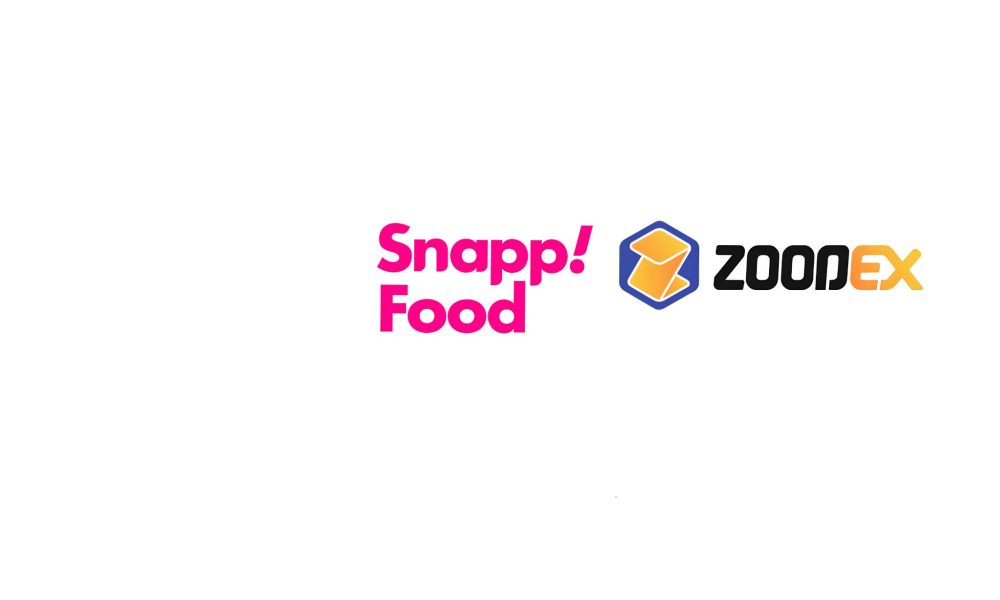The Competition Council reviewed the complaint filed by Tapsi and Zoodex against Snappfood and, by a majority vote, found the company’s exclusive contracts with restaurants to be anti-competitive practices.
According to Ideaagency, in a recent meeting of the Competition Council, the complaint of Tapsi against Snapfood, Snappkitchen, Snapp, and Rose One FZE Company, alleging anti-competitive behavior, was reviewed.
Based on this ruling, Snappfood was required to remove anti-competitive provisions, including prohibitions on restaurants cooperating with competitors and penalties for exiting the contract, from all of its contracts.
The Competition Council’s resolution states: “Snappfood designed a type of exclusive agreement to encourage restaurants to conclude contracts, the result of which was to create restrictions in the market and prevent restaurants from concluding contracts with competitors.”
According to this resolution, “Snappfood has also entered the food preparation and distribution sector through a company with the Snappkitchen brand name and competed with restaurants. It always shows its restaurants and brands as top priorities in the affordable food section of the software, while consumers are unaware that those restaurants and brands belong to Snappkitchen and the Snapp Group, and because of the information that comes from Snappfood’s performance, it knows about the performance of competing restaurants and uses the aforementioned information to its advantage.”
The Competition Council wrote: “In view of the above, the members of the Competition Council, by a majority vote, consider the conclusion of this type of contract by the Ghazaresan Atlas Snappfood System Modern Company with restaurants to be an example of anti-competitive practices under the Law on the Implementation of General Policies, Article 44 of the Constitution.”
The resolution continues: “Based on this law, the members of the Competition Council, by a majority vote, issue and announce a decision condemning Snappfood Company to stop the anti-competitive practice and not to repeat it in previously concluded contracts effective from the date of issuance of the vote and not to include it in future contracts.”
Also, “pursuant to paragraph 4 of the aforementioned article; the decision on public information is issued and announced in order to increase market transparency; the complaint about Snappfood granting a 1.5-fold coefficient in the overall performance score to the restaurants that are part of the contract and the complaint about the behavior of Novin Ma’adeh Atlas Company (Snappkitchen) were not considered by the majority of the members of the Competition Council.”
According to this announcement, “the decision issued in person and within 20 days from the date of notification is subject to appeal at the Appeals Board, subject to Article 64 of the Law, and after it becomes final, pursuant to Note 2 of Article 16 of the Administrative Court of Justice Law, it will be appealable at the Administrative Court of Justice within three months from the date of notification.”
The second issue of this resolution is the review of “the complaint of Zoodresan Keyhan Kariman Company (Zoodex) against Modern Samaneh Atlas Ghazaresan Company (Snappfood) alleging anti-competitive behavior (abuse of a dominant economic position and creating barriers to the entry of competitors).”
According to this review, it was announced: “Regarding the complaint filed by Zoodex against Snappfood dated 15/07/1403, alleging anti-competitive behavior (abuse of a dominant economic position and creating obstacles to the entry of competitors), the members of the Competition Council announced the end of the investigation, considering the contents of the case.”
Accordingly, it states: “Snappfood has designed a type of exclusive contract to encourage restaurants to sign contracts, the result of which is to create restrictions in the market and prohibit restaurants from signing contracts with competitors. After signing these contracts, first, it multiplies the restaurant’s performance score by 1.5, so that, for example, the score received by users is 3.5, but since it has a contract with Snappfood, it is shown at the top of the list and the user is not aware of this.
Second, it states that it will not sign a contract with another platform during the contract period. Third, it sets heavy obligations for exiting the contract. Fourth, it applies a large discount on the amount of commission received from the restaurant in order to sign the contract. The aforementioned behaviors of the defendant company, due to the defendant’s dominant economic position in the market in question, have led to limiting the market and making it difficult for competitors to enter.”
In response, Snappfood has presented its defense, a summary of which you can read below.
Snappfood, with about 15 years of experience in the food market, has invested in the restaurants that are parties to the contract in the contracts contested by the plaintiff. With the explanation that any restaurant that wants to can enter the Snappfood platform and operate with a normal contract. However, some restaurants that want more of Snappfood’s presence as an economic consultant and investor in the restaurant conclude a contract with Snappfood in which the restaurant provides its sales capacity to Snappfood, and the company gives the restaurant various privileges and makes various types of investments, both tangible and intangible, such as data mining, menu modification and economic consulting, marketing, banner placement, etc., to increase the restaurant’s sales. Therefore, it is obvious that during the contract period, the restaurant will cooperate solely with Snappfood. After the contract ends and the restaurant wishes to terminate the cooperation, no compensation or obligation will be demanded from the restaurant. The claim for damages is only made when cooperation is terminated during the contract, and the amount of the deposit is very small compared to the amount of Snap Food’s investment. The increase in the 1.5% coefficient and the reduction in the commission rate are also intended to encourage restaurants to conclude contracts, since large and prominent restaurants are not willing to renege on contracts, and every company except Snap Food must have an incentive plan to attract restaurants.
The contracts challenged by the plaintiff constitute approximately 8% of all Snappfood contracts, and there are a large number of large and prominent restaurants in Tehran and other parts of the country with which Snappfood has not concluded contracts. Therefore, the market for activity is not restricted.
Considering the contents of the complaint, the submitted defenses, and other supporting documents in the case, it is stated: “The members of the Competition Council, by a majority vote, consider the conclusion of this type of contract by Snapfood with restaurants to be an example of anti-competitive practices.”




No Comment! Be the first one.